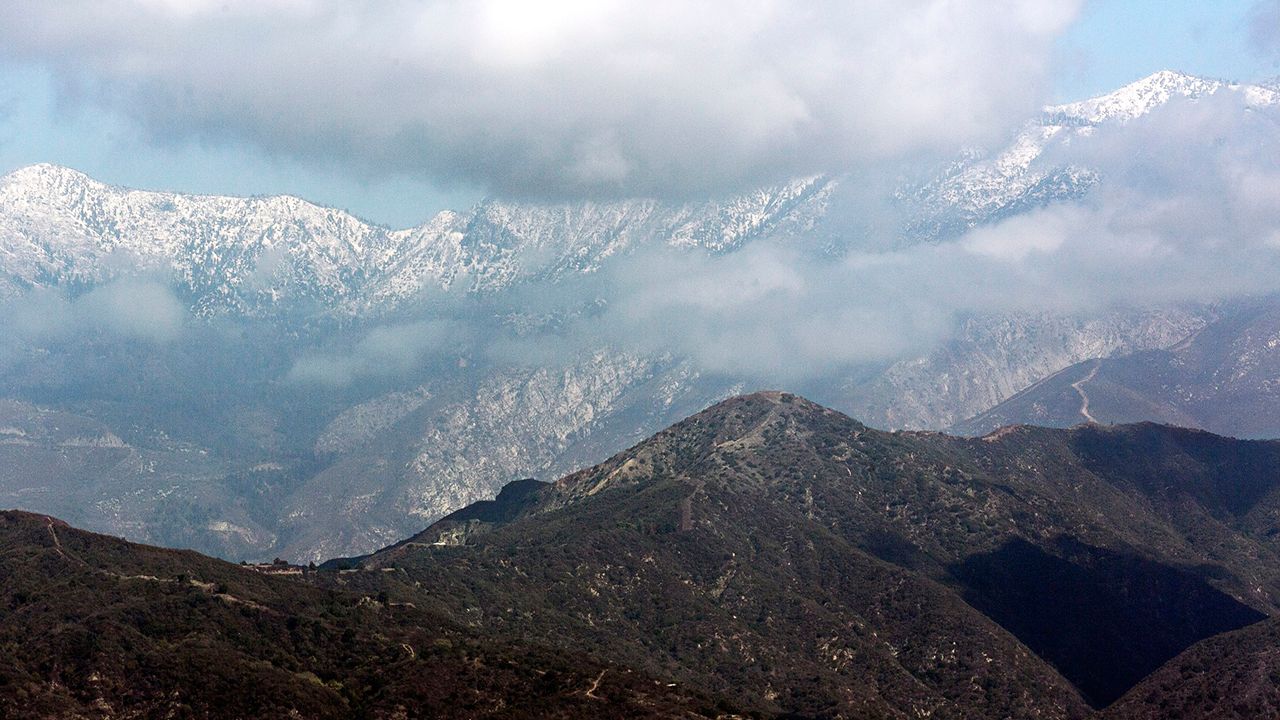MADISON, Wis. — We’ve all heard about the on going effort to “Save the Bees,” an effort that eludes education on the importance of what local bees do for the environment.
Now, researchers at UW-Madison are raising awareness to make sure all types of bees are included in this effort, especially those native to Wisconsin. Robert McKinney is a local bee keeper, and although the honey bee is one of the most recognizable, it’s far from being the most native.
“In North America we have over 4000 species, there’s different species being found every day,” McKinney said. “In Wisconsin we have 500 native species and the European honey bee which is the bee we use is not native to North America.”
For more than seven years, McKinney has grown his bee hives as well as his knowledge on what each type of bee uniquely offers its environment.
“Some of the native bees,” said McKinney, “because they only feed on one or two types of pollen, if those crops or plants aren’t’ planted, those bees seize to exist because they can’t feed the young.”
This is the biggest difference when learning how to better protect bees. From honey bees who can feed off a wider range of pollen and survive, to native bees who can’t do the same and are at high risk.
This summer, UW-Madison researchers further looked at the links between certain types of crops, the growth in those types of crops and the correlation to a decline in native bees across the state and the midwest as a whole.
“Rarer [bees] that have become increasingly rare, they might not be able to thrive because we’ve eliminated those flowers that they need from the landscape,” said Jeremy Hemberger, a research entomologist at UW-Madison “by converting prairies and wetlands to agriculture and developments.”
The decline of native bees is a decades-long problem that keeps the list of endangered bees growing.
“Native bees are silently playing these really important roles, so just people becoming more aware that there’s all these other groups out there that through our actions we could be supporting, I think is a really valuable thing,” UW-Madison professor Claudio Gratton said.
New findings suggest this decline is cause by more farmed lands that are less diverse to support the wide range of native bee species across the region.
As beekeepers like McKinney grow hives of honey bees, experts also urge people to learn how to support native bees in hopes of turning that decline around.
For full research details, click here.










